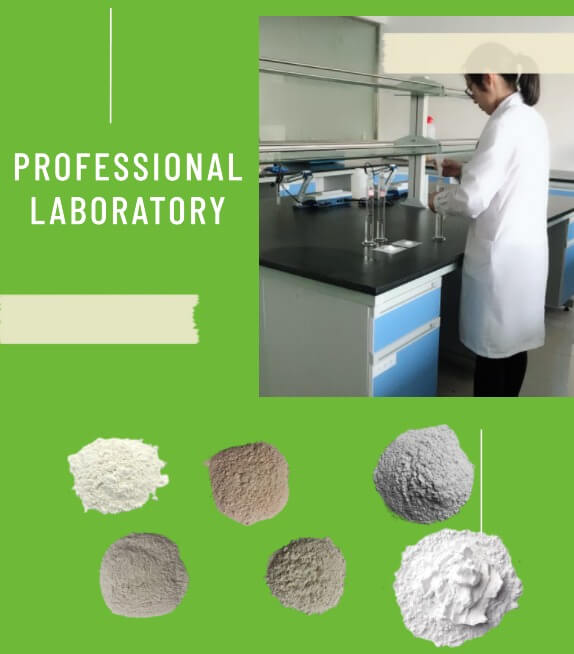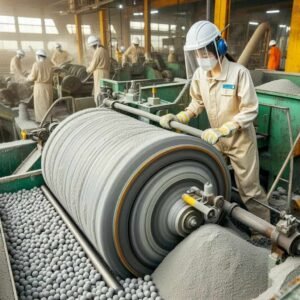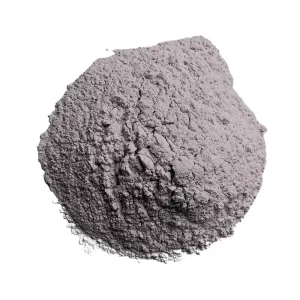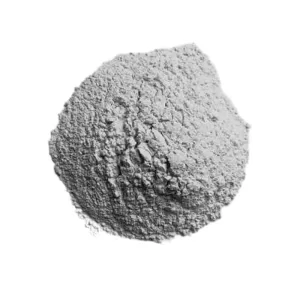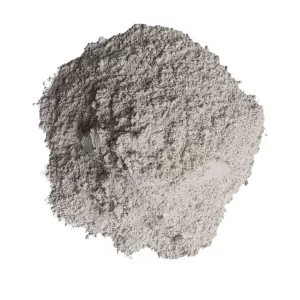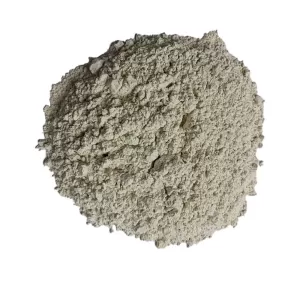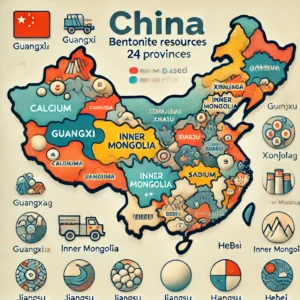The geological diversity of bentonite mineral resources leads to significant variations in bentonite quality. Additionally, varying industry standards among manufacturers further complicate the quality assessment of bentonite. This guide aims to clarify how to evaluate the quality of bentonite effectively, addressing a common concern among our clients and partners.
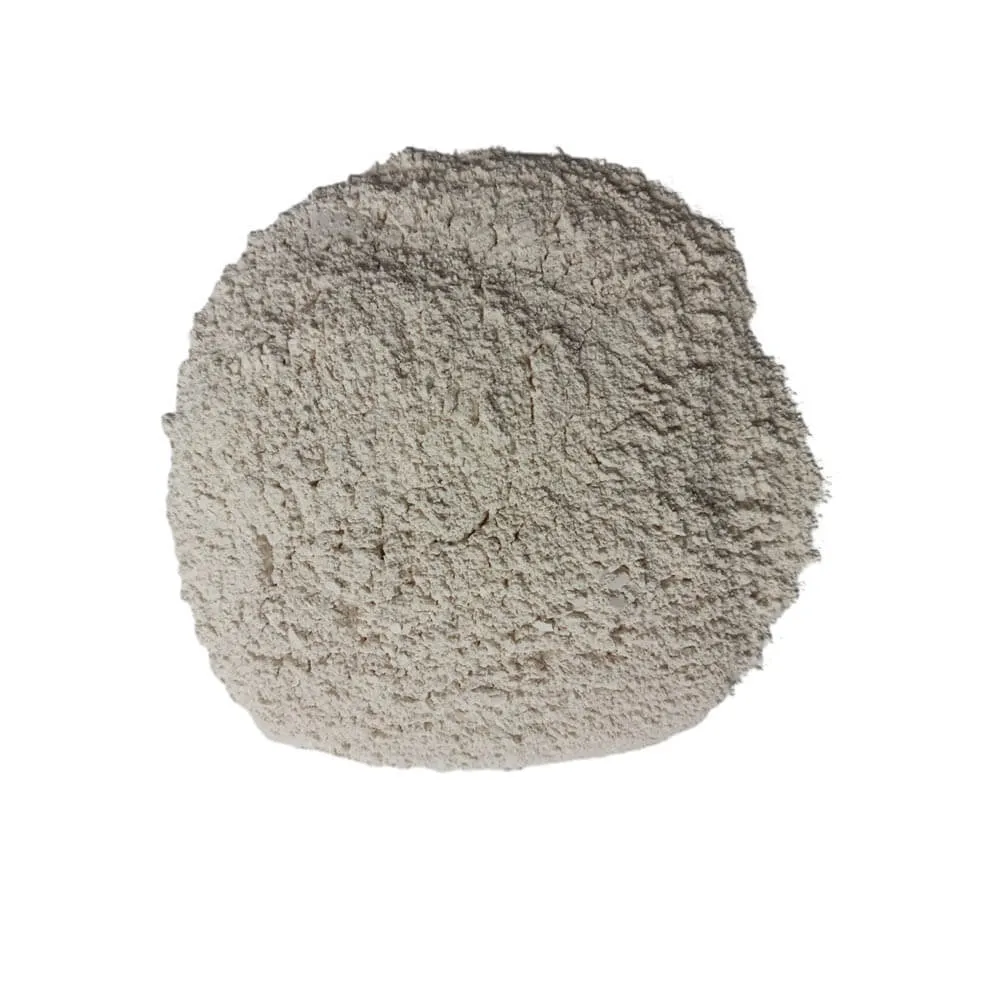
Understanding Bentonite and Its Uses
Bentonite, a versatile mineral, comes in various types, including casting bentonite, metallurgical pellet bentonite, drilling sodium clay, directional crossing bentonite, and chemical coating bentonite, catering to different industrial applications. Selecting the right bentonite type can be challenging due to its diverse industry applications.
Critical Factors in Bentonite Quality Assessment
1. Origin Matters: High-quality bentonite is often found in specific locations, such as the Weifang area of Shandong Province, known for its superior raw bentonite quality and abundant resources.
2. Bonding and Adsorption: Before purchase, it is crucial to conduct standardized laboratory tests to assess bentonite’s bonding and adsorption properties.
3. Application in Medicine: Given its use in pharmaceuticals, prioritizing quality over price is essential, considering the stringent standards in the medical industry.
4. Hydration Rate and Solubility: A fast hydration rate and high solubility in water, with minimal sediment, indicate high-quality bentonite. The appearance of a golden yellow colour after precipitation is a positive sign.
Identifying High-Quality Bentonite
High-quality bentonite exhibits several notable characteristics:
- Purity: Look for bentonite with minimal foreign particles, indicating high purity. Quality bentonite should appear white, grey, or light yellow when dissolved in water and dried.
- Water Expansion: Top-grade bentonite absorbs water quickly, expanding 10-25 times its original size, forming a colloidal solution.
- Cation Exchange and Adsorption: Strong cation exchange and adsorption capacities enable bentonite to absorb odours and improve grease smoothness effectively.
- Suspension Properties: In water, high-quality bentonite disperses well and resists settling.
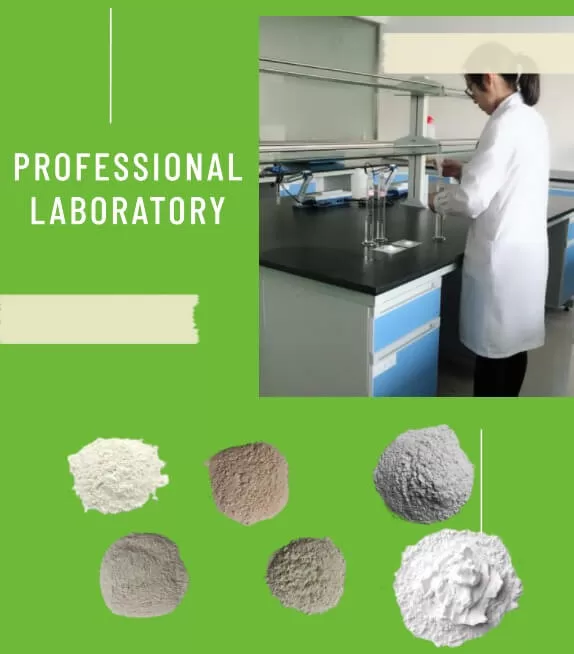
Bentonite Types and Their Uses
The natural bentonite varieties are classified into calcium, sodium, hydrogen, and montmorillonite based on montmorillonite cation content. Sodium-based bentonite, suitable for industrial uses like drilling mud and casting materials, is preferred for its alkaline properties.
Bentonite distribution in China
Bentonite in the global reserves of 1.3 billion tons, the main producers of the United States, China, Russia, Italy and so on. China’s reserves are second only to the United States, ranking second in the world, the current annual mining volume of more than 200 million tons.
Mainly concentrated in Sichuan, Henan, Guangxi, Shandong, Jiangsu, Zhejiang, Jilin, Liaoning, Xinjiang, Inner Mongolia and so on. According to the mining department to study, bentonite resources throughout the 22 provinces and nearly 80 counties, there are more than 400 mining sites, of which the quality of the better practical value of Sichuan, Shandong Jiaozhou, Jilin Jiutai, Zhejiang Lin’an, Liaoning Montenegro and other places. In Sichuan bentonite reserves of 2.418 million tons.
Bentonite classification and quality assessment
Bentonite is divided into sodium-based, calcium-based, magnesium-based, sodium-calcium-based, lithium-based bentonite. The world 70-80% for calcium-based bentonite, 90% of China’s calcium-based bentonite. Sodium-based bentonite is more widely used, calcium-based bentonite water absorption, dispersion, thermal stability than sodium-based poor, need to be further processed into sodium-based bentonite use. Evaluation of bentonite good or bad, mainly depends on the following indicators:
Practical Tips for Bentonite Quality Recognition
To ensure you’re getting high-quality bentonite, consider these approaches:
- Visit bentonite Manufacturers: Inspect the raw materials and production processes firsthand.
- Request Samples: Before purchase, obtain bentonite samples for quality testing, evaluating criteria such as colour, purity, gel formation, blue absorption, expansion rate, and viscosity.
Bentonite’s role in animal nutrition and environmental management is well-documented. Its use in feed additives and water treatment processes demonstrates its versatility and safety. Understanding the differences in bentonite quality and learning how to assess it correctly can significantly impact its effectiveness in various applications.

